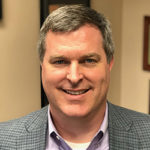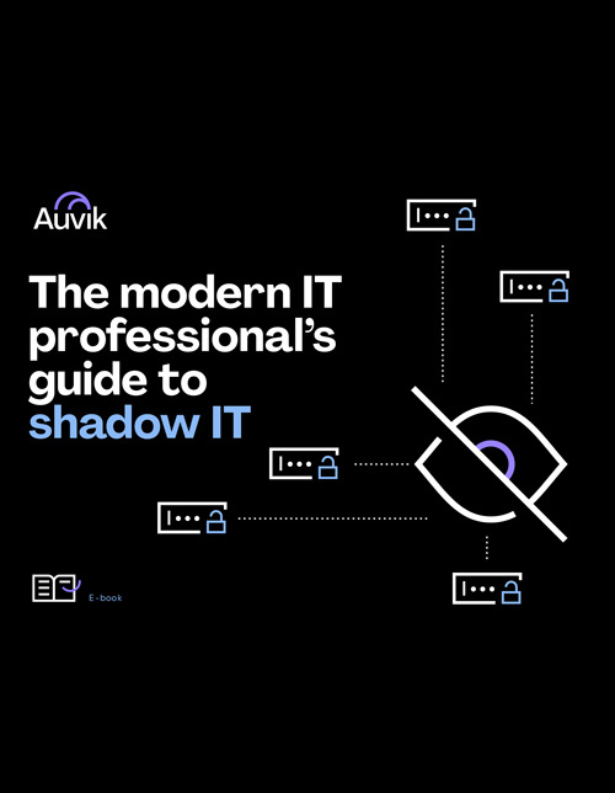“If you’re not growing, you’re dying.”
How many times have you heard that phrase, or something like it, when it comes to MSP business models. You probably feel a certain pressure to be growing, right? To be growing quickly, to be growing big. That’s the conventional wisdom on what to do.
On the flip side, you’ll often hear the term “lifestyle business” bandied about. And it’s frequently used a bit dismissively, implying that the owner isn’t really serious about success.
But how big do you really need to be? Is constant growth always the best? Or even necessary for MSP business models?
David Pence is the CEO of Acumen IT based in South Carolina, and he has an interesting take on this question. I talk to him about his epiphany moment and how it led him to make some uncommon choices in his managed services business.
Listen here
What’s Going On
[01:36] Richard was at Continuum European Partner Day in London last week.
[02:10] There were 400 people at the event, and some great presentations.
[02:33] Continuum CRO Bob Kocsis kicked off the event talking about the book Winners Dream, written by Bill McDermott.
There was also a tribute to Datto staffer Andrew Stuart, who recently passed away.
[03:46] Bill McDermott is an executive at SAP. The three main things Bob learned from Winners Dream are about being hungry, having empathy, and how trust is the ultimate human currency.
[04:09] Being hungry means working hard and having integrity and a strong work ethic.
[04:46] There was also a presentation by Alex Hoff, VP of product and sales at Auvik, talking about networking.
[04:55] Alex compared networking to plumbing. Nobody cares about it when it’s working, but everybody cares when it isn’t working.
[06:13] Michael George, the CEO of Continuum, talked about the war on cybercrime.
[06:45] People take for granted that their MSP will keep their network secure. Until the network isn’t secure anymore.
[06:59] We’re entering an era where monitoring the network for anomalies is going to be far more important than it ever has been.
[07:27] Cybercrime is increasingly affecting small and mid-sized business—it’s not just an enterprise problem. SMBs spend less on security and so ultimately they’re more vulnerable.
[08:41] Google announced a public beta of their Tensor Processing Unit.
[08:50] The number of transistors in a processor has grown to the point where they’re so small that we may have reached their physical limit.
[09:05] In the last several years, the industry has moved to graphical processor units or GPUs, since you can store so much more data in a 3D database.
[09:21] This has increased the price of high-end graphic cards, and created a worldwide card shortage.
[09:54] With the Tensor system, you can build machine learning programs with no AI programming knowledge. You have access to 180 teraflops of performance for $6.50 an hour.
[10:30] TPUs represent an amazing leap forward.
[11:01] The role of small business consultants now includes development.
Interview with David Pence: When Bigger Isn’t Always Better

[16:57] [16:37] Acumen IT was founded in 1999 and was a model of success. They grew rapidly and made the Inc. 5000 list three years in a row.
[16:52] The 2007 recession was an eye-opener for David. He learned that his company ran more efficiently with fewer staff.
[17:41] In 2014, David realized happiness and good profit margins were more important to him than constant growth and strain. They chose to start downsizing.
[19:18] According to Paul Dippell, the most profitable service providers are those with under 30 employees.
[20:05] Acumen sold off a couple of divisions to focus on the ones they were the most passionate about.
[21:14] They also consolidated the workforce and cut staff through attrition.
[21:40] They allowed themselves to rebalance over a multiple year period.
[22:06] Acumen currently has 34 employees, down from a peak of about 50. And 2018 was their best year ever in the history of the company in terms of profitability. Their profit is now round 10%.
[25:15] David thinks staying level is easier than pursuing constant growth. Acumen raises margins by paying attention to their customer base, and dropping or swapping out clients that are a drag on profitability.
[26:22] The MSP industry is fairly new, but other professional services sectors, like the legal sector, have been around for more than a hundred years. They tend to grow slowly over the years, rather than pursuing rapid growth. And they appear to be happy and very profitable.
[28:31] David explains the magic rule of 20: When the number of knowledge workers in a company grows past 20, the owner can’t be directly involved in everything anymore. They start to need outside need help.
[29:29] It takes a lot of documentation and process to successfully add more people. David’s advice: Really think about whether you want to grow your MSP past 25 staff. You may discover you’re happier to stay put.
Links from this episode
What’s Going On
- Bob Kocis, Former Continuum Chief Revenue Officer (LinkedIn)
- A tribute to Andrew Stuart of Datto
- Alex Hoff, Auvik VP Product & Sales (LinkedIn)
- Michael George, Former Continuum CEO (LinkedIn)
- Winners Dream: A Journey from Corner Store to Corner Office by Bill McDermott
- Google’s AI-Focused Tensor Processing Units Now Available in Beta
The Hosts
- Karl Palachuk: Small Biz Thoughts
- Karl Palachuk (Twitter)
- Richard Tubb: Tubblog
- Richard Tubb (Twitter)
Interview
- Acumen IT
- David Pence (LinkedIn)
- David Pence (Twitter)
- Service Leadership Inc.
- Service Leadership Index Reports
- Paul Dippell, CEO, Service Leadership (LinkedIn)
Subscribe
Like what you hear about MSP business models? Listen and subscribe.


